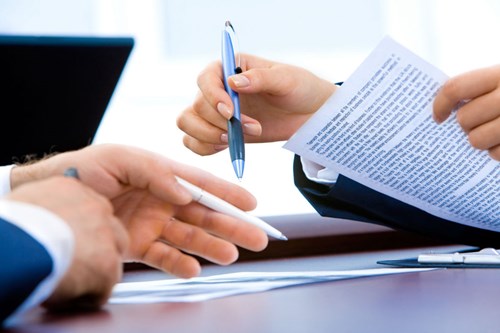Careless Communication
In my line of work, it was once common to be instructed as an expert witness in valuation disputes headed to trial. Part II (lease renewal) and dilapidations cases in particular. Whilst far fewer make trial these days, disclosure is still common (in anticipation of trial or an earlier mediation), and of course, it is the one the client thinks will never make trial that does.
It is often only at the point of disclosure that consideration is then given to what might have been put in writing to the client and others in “the team” that might be, at best, embarrassing, and at worst, deeply damaging. Indeed, this very realisation might be the real driver behind unfavourably compromised settlements.
So let's check the boundaries:
Legal Professional Privilege
This encompasses communications between a client and their legal advisor (and the legal advisor’s agents) for the purposes of giving or obtaining advice for the client. The privilege applies whether or not litigation or arbitration is anticipated or in progress.
However, what is commonly not appreciated is that this privilege is absolutely confined to legal advisors. There is no such privilege protecting communications between clients and other professional advisors, even if on legal points within the knowledge of a surveyor.
Professional advice from a non-lawyer will only be privileged if it is commissioned in anticipation of litigation (see below). So, an example of a surveyor’s initial advice/report on rental value (for rent review or lease renewal), or on Diminution in Value in dilapidations, is not privileged if commissioned directly by the client. As such, consideration should be given to best achieving privilege to protect advice given (or received, if the client), by ensuring solicitors instruct the other professional advisors, and that advice (emails and reports) goes directly to solicitors, albeit copied to clients.
As a further caution, it should also be noted that legal professional privilege applies only if obtaining legal advice is the dominant purpose of the communication. If obtaining legal advice is only one of the purposes and not the dominant one, the communication will not be protected. Experience informs that solicitors can usually frame accordingly to achieve this end.
Litigation Privilege
If litigation is either contemplated or underway, all communications with the (again) dominant purpose of assembling evidence for use by a legal representative are privileged. In this scenario, it does not matter who communicates with whom; thus, exchanges between the client and the surveyor are then privileged.
So, as a general rule, an expert’s report for the purposes of actual or contemplated litigation is privileged. But a valuation in advance of, or in early, negotiations, or Dilapidations Liability Assessment advice, as examples, will probably not be privileged. However, advice on your report/recommendations given by the client’s lawyer will be privileged even if the report is not, as this advice attracts legal professional privilege. Your duly evolved report, for exchange in proceedings, will in turn be privileged too.
Moral of the story? If you at least cc the client’s solicitor when giving your advice at any stage, it at least has a better chance of attracting privilege. Better still, if in doubt, phone instead of emailing.
For more information or advice regarding commercial property disputes or to instruct us as an expert witness, please email paul@raeburnconsulting.com or message on WhatsApp.

Chartered Surveyors
Raeburn Consulting
With over 50 years combined experience we are the property experts to help you.

